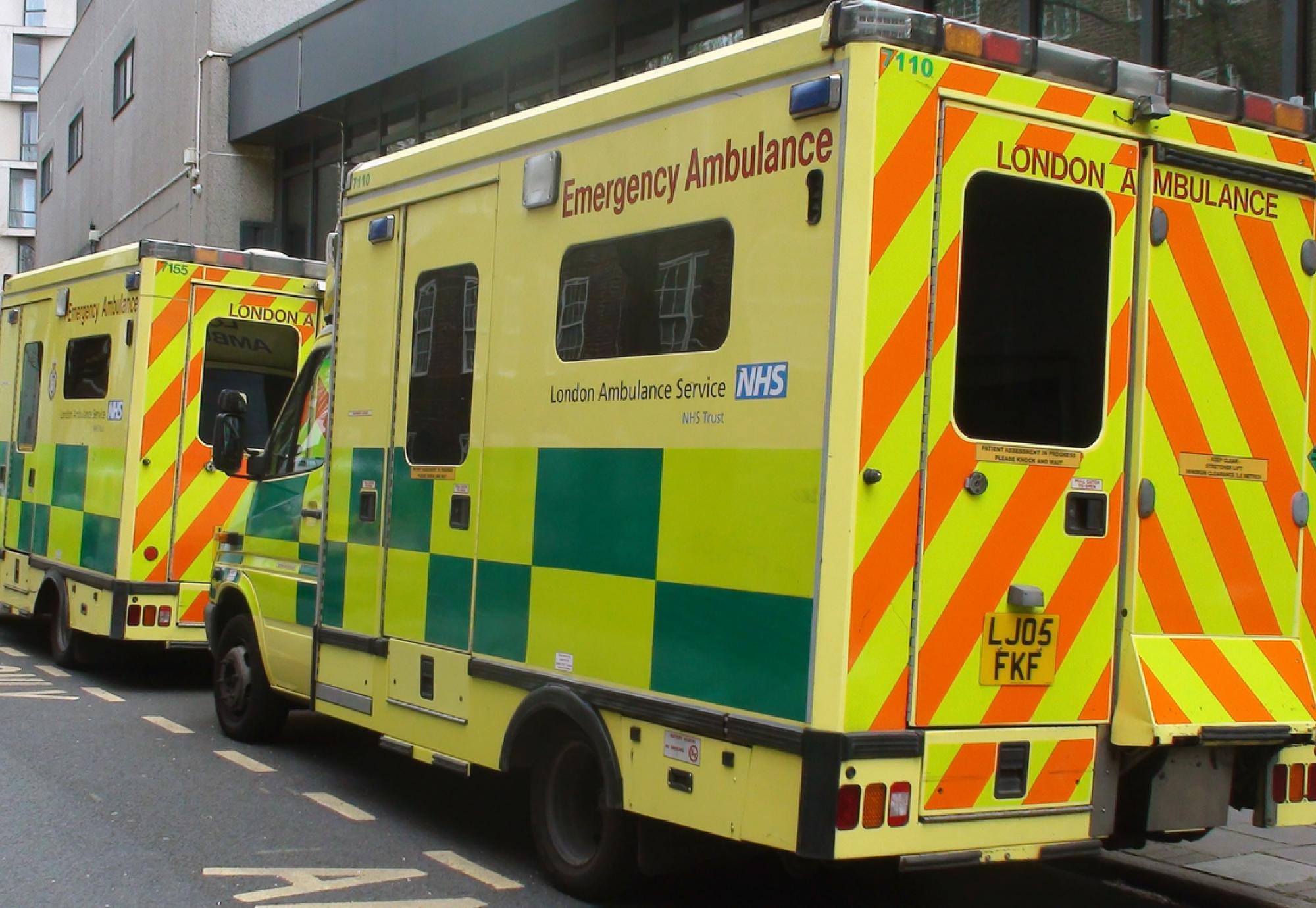The Association of Ambulance Chief Executives (AACE) has launched a new consensus statement detailing how the ambulance sector can better collaborate to reduce health inequalities.
The statement has been co-signed by a variety of partners in the health sector, including NHS England, the Office for Health Improvement and Disparities, the College of Paramedics, NHS Providers and the NHS Confederation.
The report explains the author’s overall objectives are to:
- Contribute to improvements in population health;
- Positively impact social determinants of health;
- Support equitable access to healthcare;
- Alleviate pressures in the sector;
- Ensure patients have excellent experiences when accessing healthcare;
- Deliver optimal health outcomes.
AACE’s chair, Daren Mochrie, concedes that while the ambulance sector can’t level out health disparities on its own, it can play a “major role” in a much wider effort from integrated care systems.
“This means identifying collective opportunities to support improvements across communities, including targeted intervention for specific groups that are particularly vulnerable,” continued Mochrie.
Some of the steps that partners in the ambulance sector can take to align their services better with the needs of their communities, and thus reduce health inequalities, include:
- Harnessing the power of data to better understand local needs and demands;
- Improving understanding of experience, barriers and outcomes for particular groups;
- Evaluating and improving care for vulnerable groups;
- Developing and implementing inclusive recruitment processes;
- Reviewing estates and facilities to help them better serve the communities in which they reside;
- Cutting carbon emissions;
- Fostering workplace environments that better support health and wellbeing;
- Investing back into the community by purchasing locally.
“Reducing health inequalities is everyone’s business and it’s wonderful to see the ambulance sector proactively embracing their important and valuable contribution,” NHS England’s director of health inequalities, Professor Bola Owolabi, said on the consensus.
Director of the NHS Confederation’s acute network, Rory Deighton, added: “While this will not be a quick fix, the consensus sets a path to a future of better health outcomes for patients, improving services for local areas and ensuring everyone gets effective care.”



















